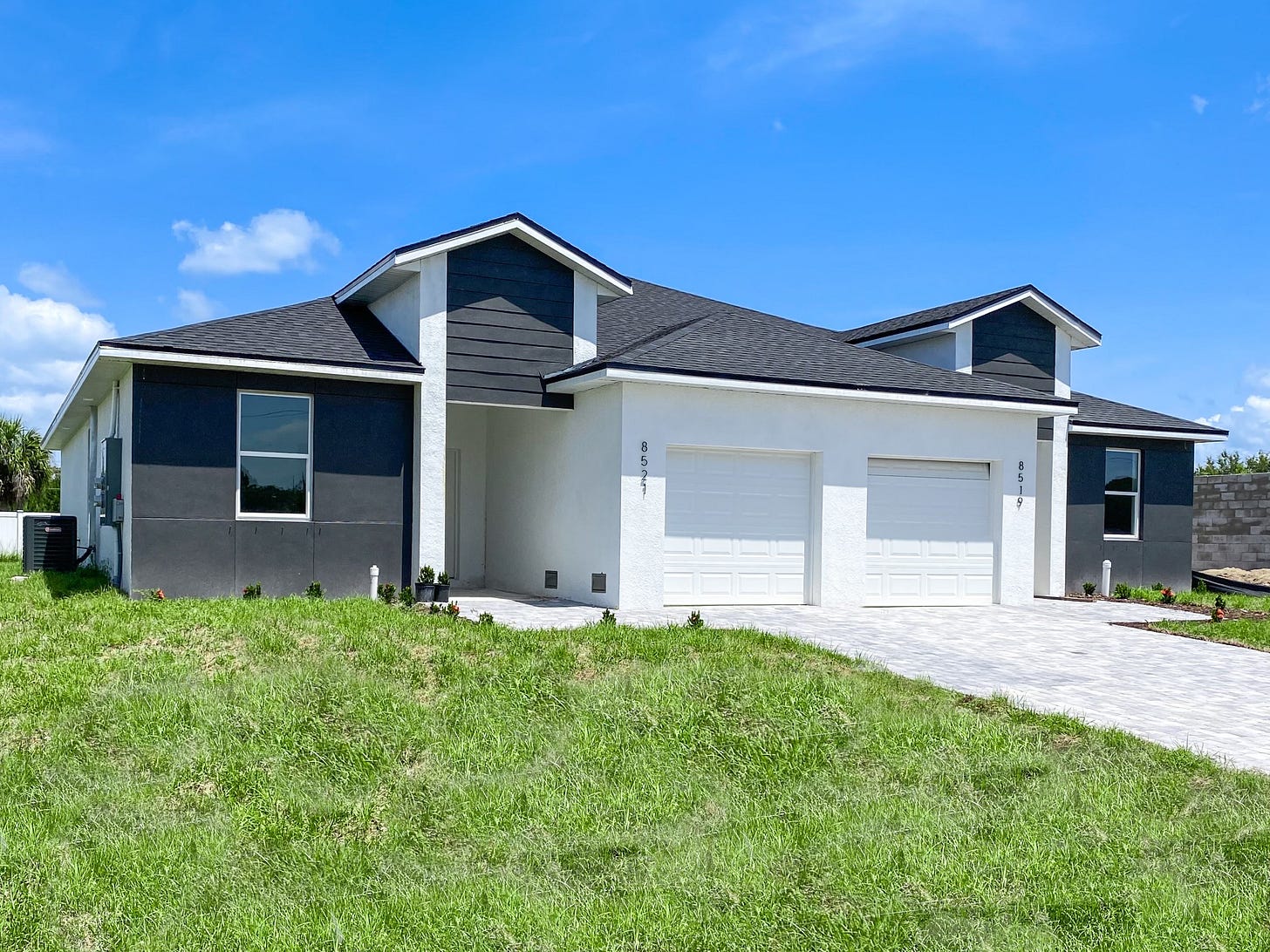5 ways to make money in real estate
“Real estate is very broad.” I’ve heard this statement many times, but nobody took the time to explain what that means. When I heard of real estate, the first thing that came to mind was a realtor because that was how my dad started. He would sell a house and make money, or so I thought. As I’ve progressed in my development career, I’ve employed many different ways to make money in real estate. In this post, I will cover a few ways we currently do business and can earn an income within real estate.
1. Transactional Real Estate
Transactional real estate is what you mainly think about when you think of real estate. Realtors represent buyers or sellers and earn a commission. It can be lucrative, but you are the last person to get paid and depend on the people in the deal. When you are a realtor, you are not IN the deal; you are simply facilitating it.
Example
You help homeowners sell their $300,000 home and earn a 3% commission upon closing. In this case, your commission would be $9,000.

This sounds good, right? The main problem is that you depend on others to make that commission. The buyer and seller must agree to the terms, the lender must approve the loan, and the home must be inspected. Only then will you get paid.
2. Wholesale
Wholesale is when you connect a buyer and a seller. It usually works by finding an undervalued property and getting it under contract. You assign the contract to an end buyer, such as a developer or investor, who will improve and/or use the property. You earn profit from the difference between your original contract with the seller and your new contract with the buyer.
Example
You get a property worth $200,000 under contract for $170,000, then assign the contract to a developer for $180,000. Upon closing, you would make an assignment fee of $10,000.

One of the tricky parts about wholesaling is the timing of it. While the property is under contract, you must find a buyer before your inspection period ends. Since you don’t intend to buy the property, you risk losing your escrow deposit if you cannot find an end buyer.
3. Development
Development refers to creating new infrastructure, selling it to an end user, or keeping it and renting it out. We specialize in residential development, but other examples include subdivisions, commercial buildings, government buildings, and multifamily housing.
Example
You buy parcels of land for $1M, build homes using construction loans, and sell the houses. After paying off your loans, investors, and the land, you are left with your total profit.
The main obstacle to development is that it takes time. Some obstacles can prolong the project, such as working with the county municipalities, which can be difficult, or having material shortages.
4. Redevelopment
In redevelopment, you are improving existing infrastructure and selling it to an end user or renting it out. Examples are house flips, apartment renovations, and commercial renovations, where you improve the property and sell it for more or raise the rent to improve ROI (return on investment).
Example
You buy a distressed house for $200,000, repair it with $50,000 to bring it up to market standards, and sell it for $350,000.

Redevelopment is usually much faster than development, but it can be riskier depending on how you finance the project. The redevelopment process will be more challenging in some markets and is more affected by fluctuations in price.
***Note that the profit you make when you develop or redevelop will largely depend on how you fund the deal. I’ve touched on this a bit in prior posts (link).
5. Investment
Investors put their money to work and are rewarded either by cash flow from the property, tax benefits, or a percentage return on their money. There are many forms of investing in real estate.
Example
I buy a property and rent it out to earn $300 monthly in cash flow. I also get $30,000 off my taxes from depreciation (more on that in future posts). Another example would be to give a developer $100,000 and earn a 10% return on my money. The developer would take that money, complete a project, and give me back my initial capital of $100,000 plus interest of $10,000.
Investing is probably the best option to earn an income within real estate, but the main problem is that you need capital to invest. It is hard to get to this point if you don’t have another source of income (such as a job, a business, or one of the above methods).




